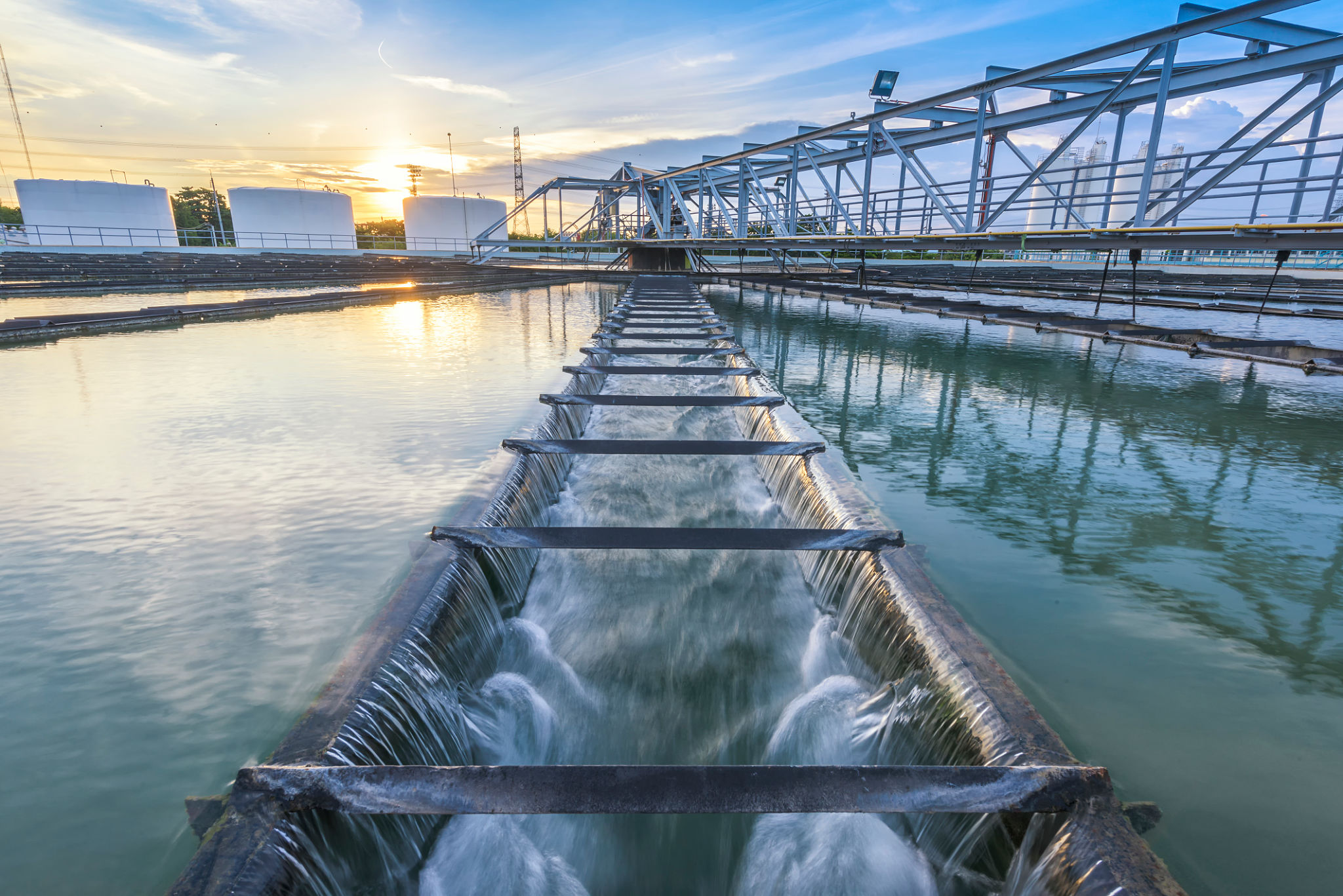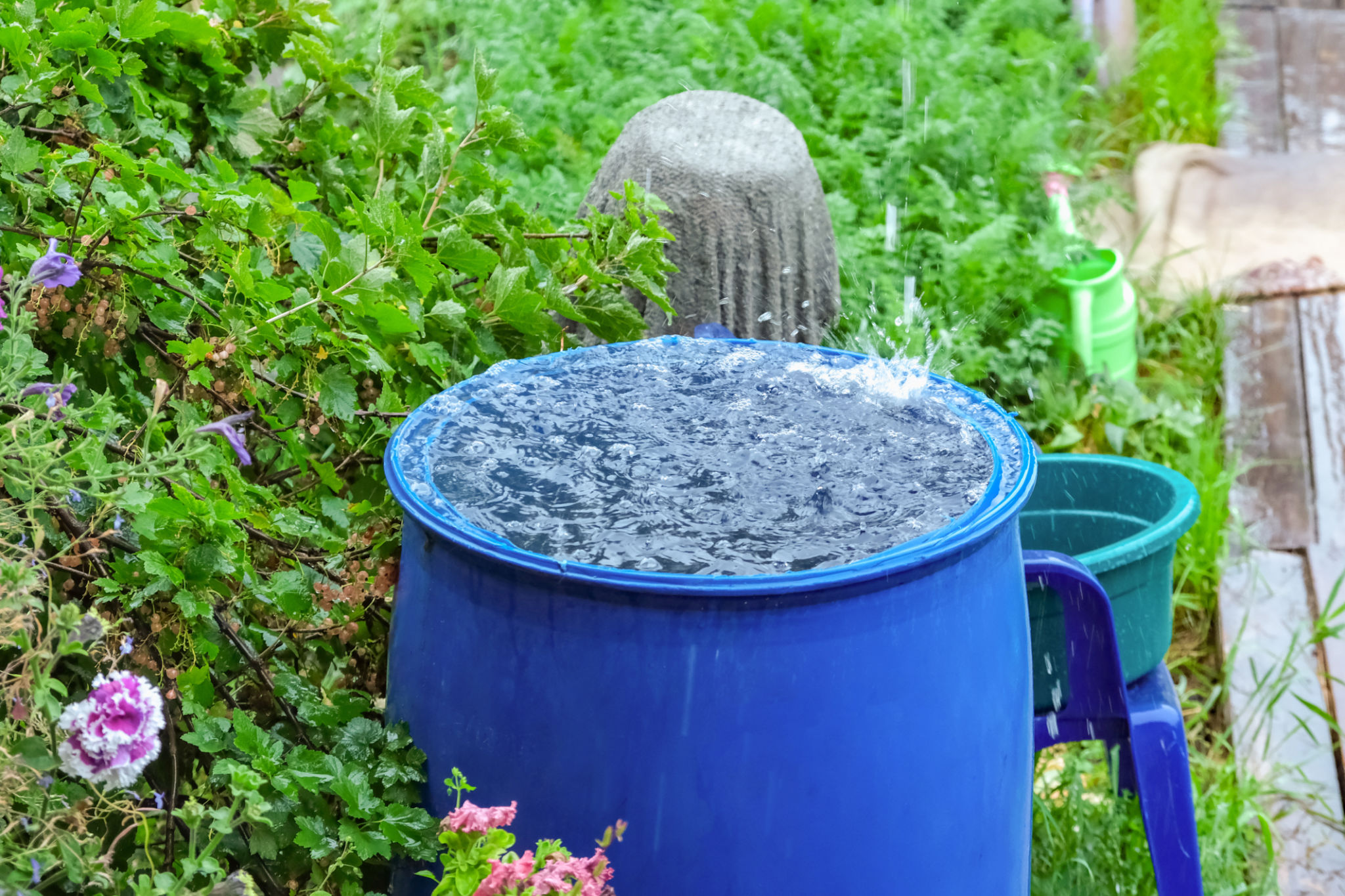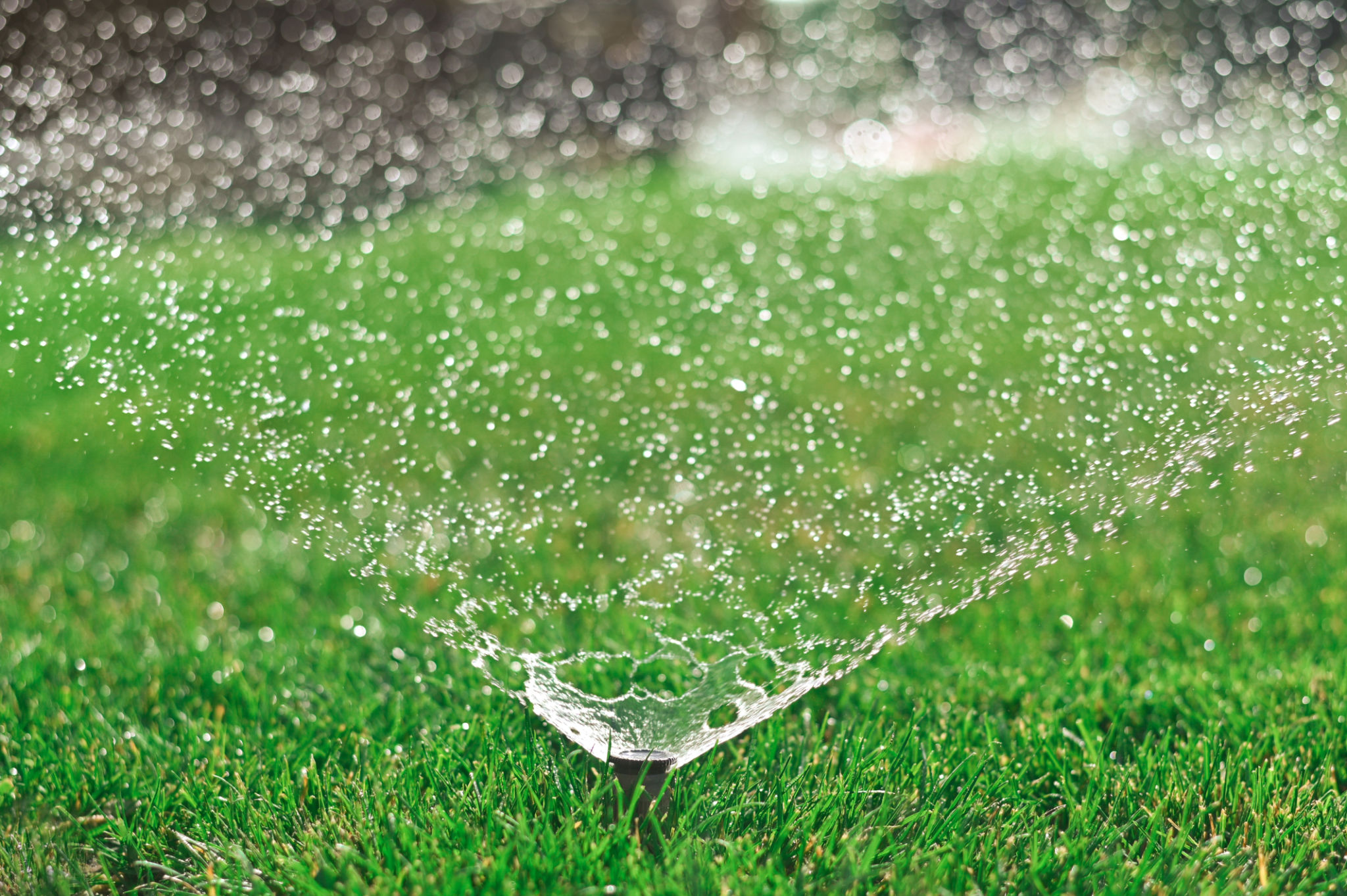Preparing Your Industrial Site for Seasonal Changes: Water Management Tips
Understanding Seasonal Water Management
As the seasons change, industrial sites must adapt their water management strategies to maintain operational efficiency and protect their infrastructure. **Proper water management** is crucial to prevent damage during heavy rainfalls or droughts, which can lead to costly repairs and downtime. By proactively managing water resources, businesses can safeguard their operations and minimize environmental impact.

Assessing Your Current Water Management System
Before implementing any changes, it's essential to assess your current water management system. Conducting a thorough audit will help identify areas that require improvement or upgrades. Pay attention to drainage systems, water storage facilities, and irrigation setups. This evaluation will form the foundation for any necessary adjustments to accommodate seasonal variations.
Key Areas to Evaluate
When assessing your site, focus on critical areas such as:
- Drainage Systems: Ensure they are clear of debris and functioning efficiently.
- Water Storage Facilities: Check for leaks or signs of wear that could lead to water loss.
- Irrigation Systems: Confirm they are set up to adapt to changes in weather conditions.
Preparing for Rainy Seasons
The onset of rainy seasons calls for enhanced measures to manage excess water effectively. Ensure that your drainage systems can handle increased water flow. **Installing rainwater harvesting systems** can also be an effective way to capture and store excess rainwater for later use, reducing dependency on external water sources.

Maintaining Infrastructure
Regular maintenance of infrastructure is vital during rainy seasons. Check for blockages in gutters and downspouts, and repair any damaged areas. This proactive approach will prevent flooding and water damage, safeguarding both your equipment and the environment.
Preparing for Dry Seasons
Conversely, dry seasons require a different approach. Efficient water usage becomes critical as water availability decreases. Implementing **water conservation techniques** and utilizing drought-resistant landscaping can significantly reduce water consumption without compromising operational needs.
Water Conservation Strategies
Consider adopting the following strategies:
- Install Efficient Fixtures: Low-flow taps and toilets can help reduce water usage.
- Monitor Water Usage: Regularly track water consumption to identify areas for improvement.
- Educate Staff: Promote awareness about the importance of water conservation among employees.

Leveraging Technology for Water Management
Modern technology offers innovative solutions for monitoring and managing water resources on industrial sites. **Smart sensors** can provide real-time data on water levels, flow rates, and potential leaks, enabling prompt corrective actions. Investing in such technologies not only enhances efficiency but also contributes to sustainability efforts.
The Role of Data Analytics
Data analytics can further optimize water management by identifying patterns and predicting future needs based on historical data. This predictive capability allows businesses to plan effectively for seasonal changes, ensuring they are well-prepared for any eventuality.
By taking a proactive approach to water management, industrial sites can ensure they are equipped to handle seasonal changes efficiently. Implementing these strategies not only protects the infrastructure but also promotes sustainable practices that benefit the environment and the community.
